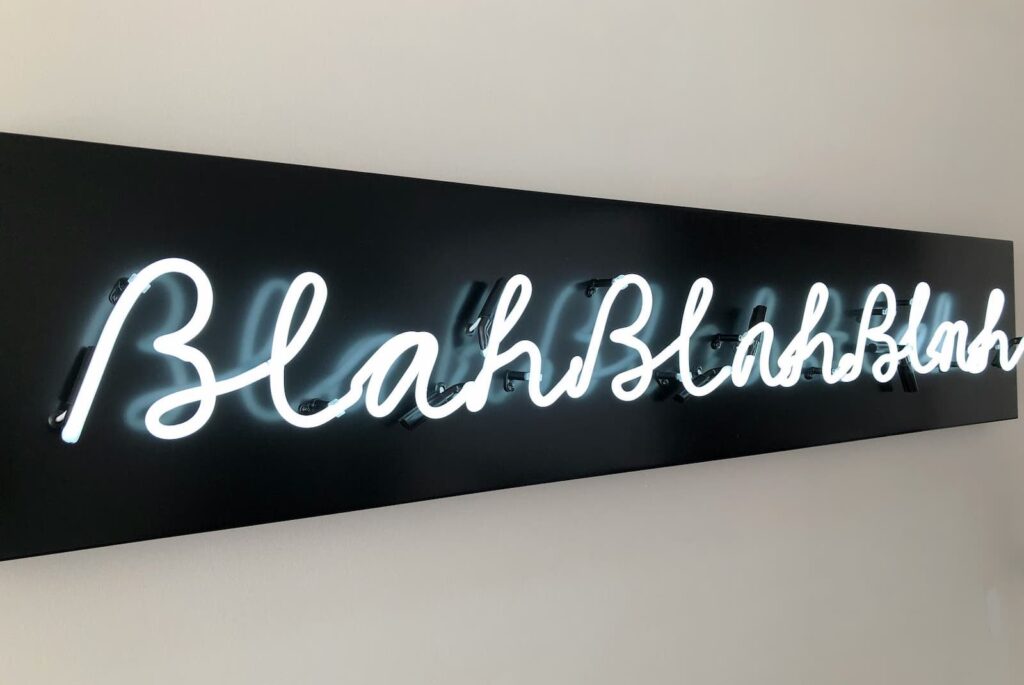Engoo
Republished on (Originally released on )

“I saw a picture of my newborn niece and almost died.”
“I killed it at my final exam!”
Don't worry! Nobody died and nobody got killed. These are just examples of people using English slang!
Slang is a big part of English, so even if you don't use it yourself, you should be able to understand it and respond to it. After all, you don’t want to be that person who is asked “What’s up?” and then looks at the ceiling!
But what are the best ways to learn English slang?

Back in his era, Shakespeare created a lot of new words that are now common in the English language. But these days, a lot of English slang comes from popular TV shows and movies.
For example, if you want to learn US slang, shows like Seinfeld and The Office are good choices. We have even more recommendations here.
But this is just one possibility; you can also hear slang on talk shows, on sports broadcasts and even some news programs.
No matter which you choose, if you hear some slang expressions you don’t understand, write them down and ask a tutor for help.
In addition to movies and TV, lots of English slang is born on the internet. And where are people talking a lot online? Social media, of course.
Apps and sites like Instagram, Bluesky, Twitter and Reddit are good places to learn about new words and expressions.
However, we recommend that you avoid some popular sites that claim to be slang dictionaries. While some information there is useful, much of what you'll find there has been posted as a joke and often doesn't reflect how people speak in real life.
One good rule to remember is to not just try to memorize a list of slang words. Instead, try to learn them in context by reading online — and checking with a fluent speaker!

New slang is often created due to unique situations and circumstances. For example, the word "Blursday" became popular during the Covid-19 pandemic, when many people stayed home and the days began to blur together.
Another example is how "staycation" (a vacation without travel) became a popular expression among people negatively affected by a bad economy.
To understand words like these (and the humor behind them), you need to understand their context. We recommend Engoo’s Daily News service, which is a great news source for language learners.
Languages are how people communicate with each other, so it’s important to ask real people your language-related questions. This is especially true for slang because:
So just because you hear a slang phrase in a song or see a word online does not mean you should use it. Learn about it first. Plus, asking native speakers about slang can usually lead to an interesting conversation!
It's important to understand slang, but remember that it's only one part of the language, not all of it. Generally, things like idioms, phrasal verbs and collocations are much more common and will help you sound more fluent than slang will.
Finally, don’t feel anxious because you think you don't use enough slang. You definitely shouldn't force yourself to use slang because you will likely sound very unnatural if you do!
Instead, it's better to naturally develop your own style of speaking as well as a sense of what slang suits you best. This will come gradually the more you speak English with others.
To help you on your slang journey, you can check out our ten “Slang Around the World” lessons (under our Travel & Culture category) written by native speakers.
You can also take lessons with native speakers from those countries. For example, you can take the Irish slang lesson with an Irish tutor and the US slang lesson with an American tutor. Give it a try!
